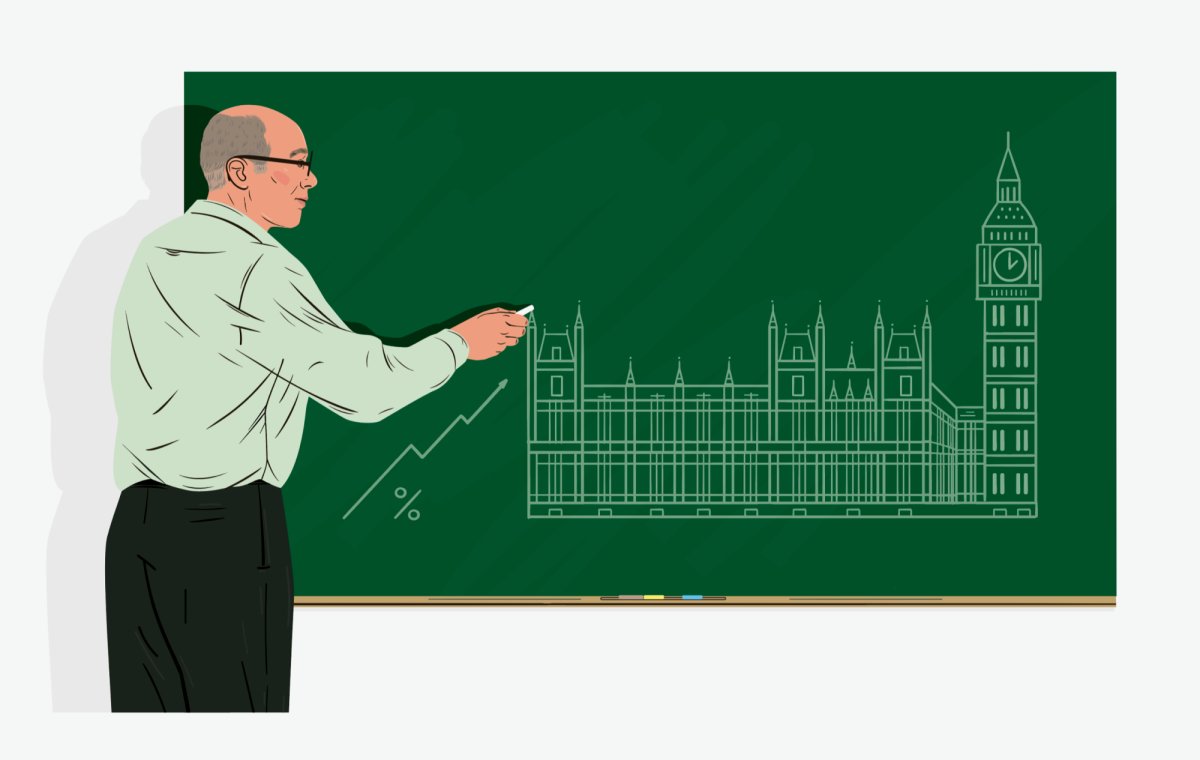
4 min read
In an occasional series, professor Philip Cowley offers a political science lesson for The House’s readers. This week: votes at 16
Two decades ago, in his book on voter turnout, Mark Franklin argued that 18 was about the worst possible age to first give people the vote. It’s a transitional time in many lives, between school and the responsibilities of adulthood. Life at 18 is full of distractions: some fun, some not, but all of which reduce the likelihood of prioritising going to a polling station. Since voting is habit-forming, this in turn has the effect of dampening participation in subsequent elections.
Franklin argued that lowering the voting age had been responsible for the widespread drop in turnout in many established democracies since the 1960s. It was therefore better for it to go back up, or to go yet lower – and since a return to a higher voting age was not politically feasible, he argued for lower.
Experience from Austria – which lowered the voting age to 16 in 2007 – appeared to bear this out.
A study published in 2019 analysed the effect of voting in the Austrian 2008 election – the first in which under 18s could vote – on later turnout in the 2013 contest. It found a substantial effect. Comparing the behaviour of those who were able to vote for the first time in 2008 aged 16, with those who just missed out in 2008 and who thus voted for the first time in 2013 aged 21, it found turnout among the former was higher by some 28 per cent.
I yield to no one in my scepticism about lowering the voting age. Many of the arguments on first principles are flimsy at best or outright deceitful at worst. Marriage. Tax. Military service. Almost all of them are not really true or are just arbitrary. But this seemed to be a pragmatic, evidence-based, benefit, one that should give even hardened opponents of franchise reform pause for thought. If it can raise turnout among young people by 28 per cent, maybe it is worth doing?
The trouble is: it turns out it was cobblers. Attempting to reanalyse the data, a new set of researchers found they couldn’t replicate the Austrian findings. Puzzled, they contacted the authors of the first paper – at which point it became clear that an error in the original code had mangled the data on people’s birth dates, rendering the whole analysis flawed.
With the correct data, the effect vanished. There was no longer any difference between those who voted for the first time in 2008 and those who just missed out. Attempts to identify any longer-term effects, by including the subsequent 2017 and 2019 elections in the new analysis, also proved null. There was basically no habituation effect.
Or, more precisely, they couldn’t find one. The absence of evidence of an effect isn’t always evidence of the absence of an effect. But still, for now there is no evidence of an effect.
This is all a bit embarrassing, although there are some silver linings if we look hard enough. For one thing, it was clearly a genuine mistake rather than the product of malice or fraud. And mistakes do happen. It’s put well in John 8:7.
Once alerted to their error the original team did not try to bluster, bluff or double down; they fessed up.; Tthe first paper now features a corrigendum notice; a corrected one has been published. It’s both a reminder to researchers to check their code carefully – but more generally of the importance of replication studies, and the need for people to make their data accessible.
We learn and move on. Except, in this case, I wonder if we do.
The claim about habituation has entered the political DNA. I’ve lost track of the number of times I’ve been told it happens – with Austria cited as evidence. Franklin’s argument is plausible, and we seemed to have evidence of it happening in a substantial way. It features, second-hand, in all sorts of other publications – none of which feature the correction. Yet it doesn’t appear to be true.
If the original paper gave me pause for thought, should the corrected one work the other way? Discovering that there appears to be no habituation effect should make advocates of lowering the voting age pause. I bet it doesn’t.
Further reading: Elisabeth Graf et al, Revisiting eligibility effects of voting at 16: Insights from Austria based on regression discontinuity analyses, Electoral Studies (2024); M Franklin, Voter Turnout and the Dynamics of Electoral Competition in Established Democracies since 1945 (2004).
PoliticsHome Newsletters
Get the inside track on what MPs and Peers are talking about. Sign up to The House’s morning email for the latest insight and reaction from Parliamentarians, policy-makers and organisations.

